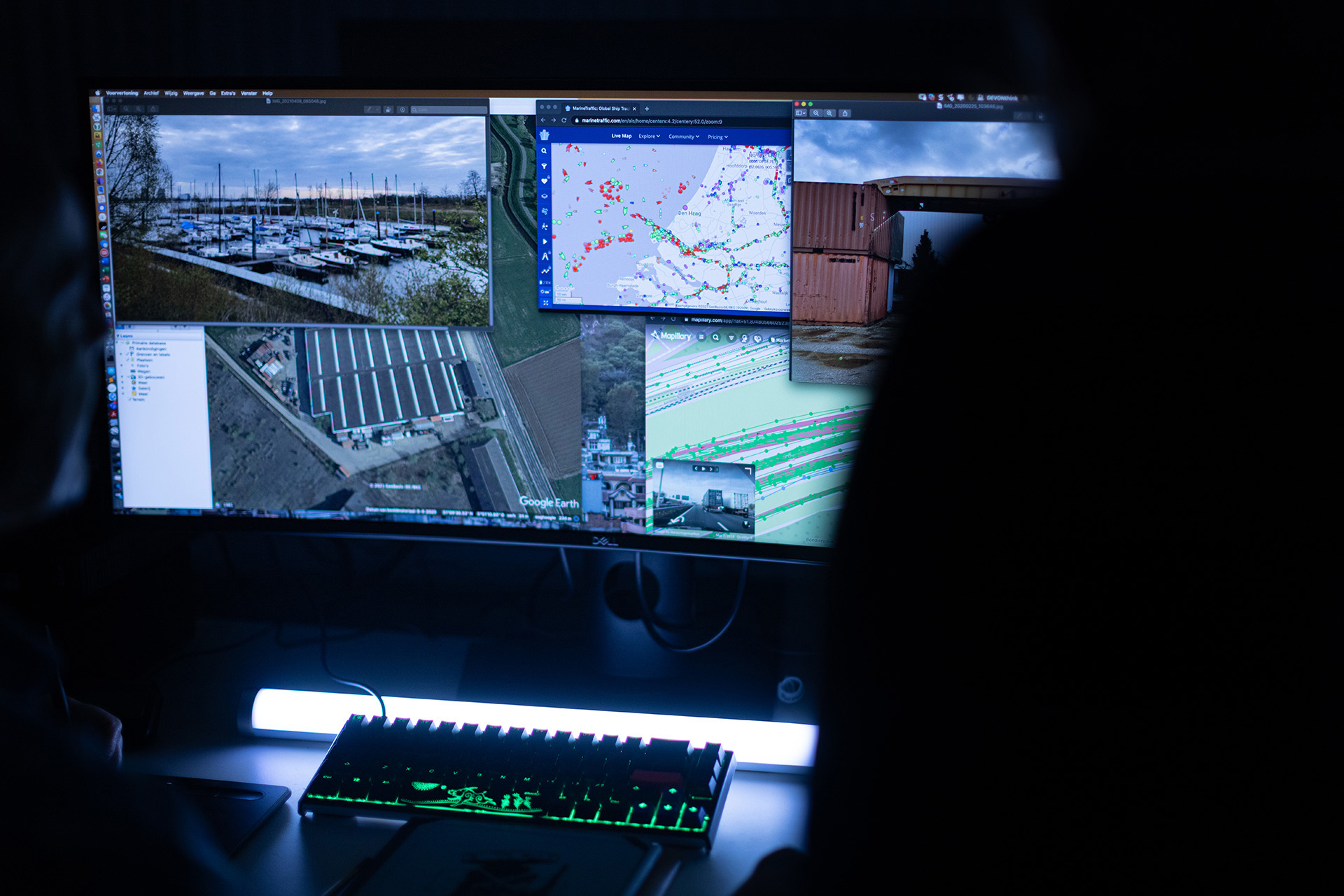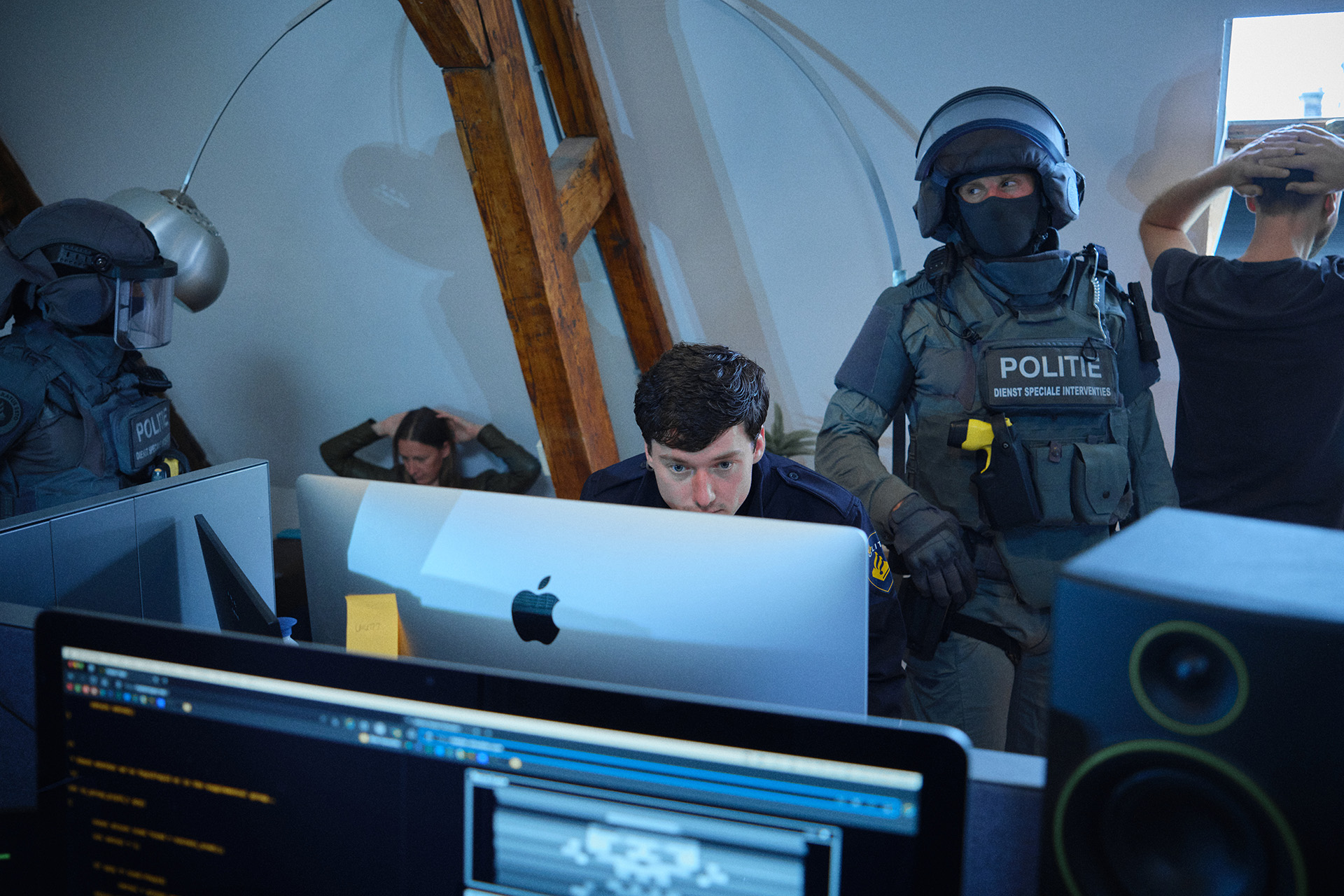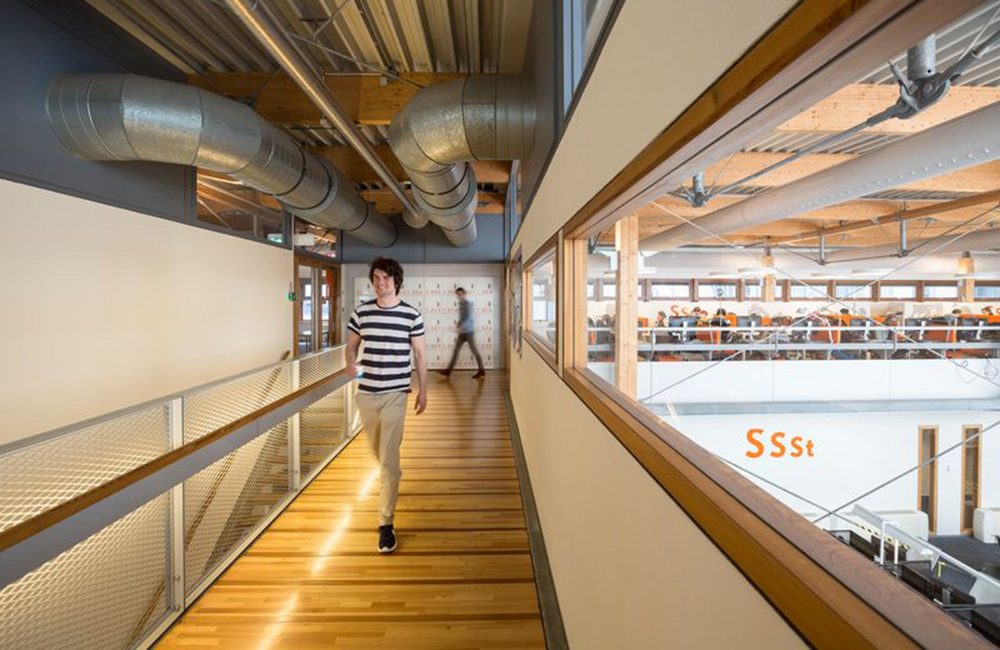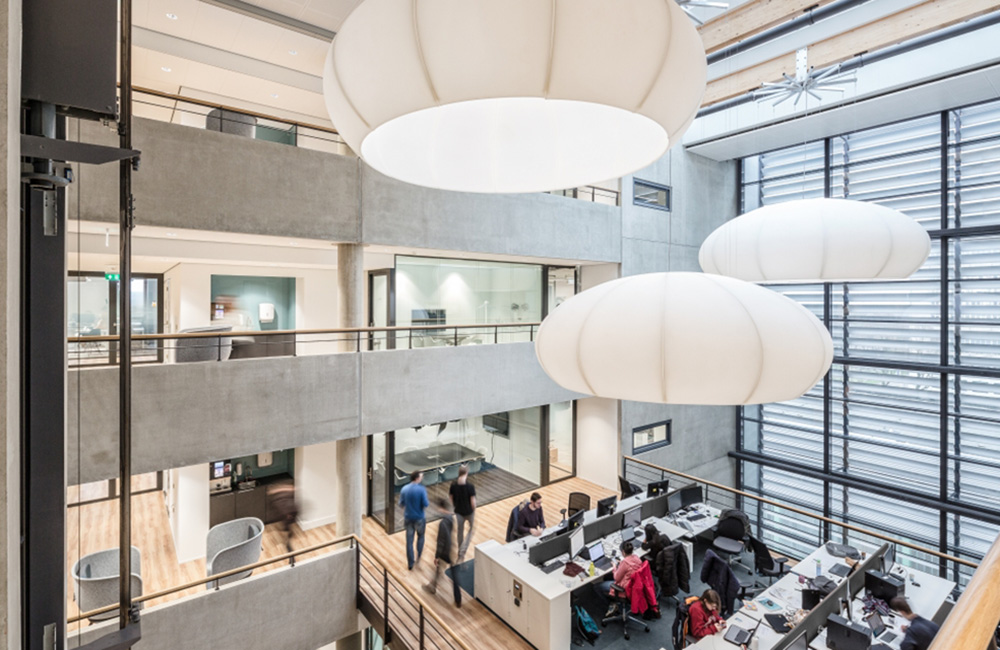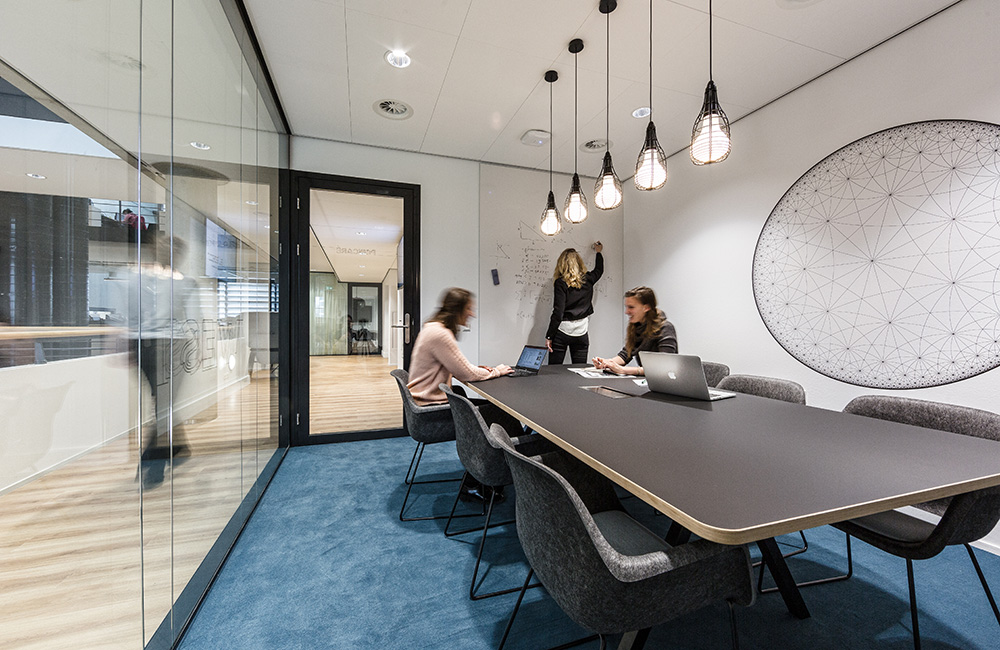In modern-day policing, machine learning, causal models, and simulations for decision-making are crucial. Harnessing such models is not only about analysing and interpreting massive amounts of data, it’s also about human-AI interaction, ethics and privacy.
Launching the joint Model-Driven Decisions Lab (MoDDL), TU Delft and the Netherlands Police offer five exciting five-year PhD positions. Do you want to conduct unique research, help enable the implementation of your research outcomes and contribute to an efficient and effective security domain? Then one of these five unique PhD positions might be interesting to you!
The lab explained
The project is geared to contributing to the various aspects of data and model-driven decision-making in the security domain. The five unique research lines harness a combination of technology and science, and values such as accountability, explainability and transparency, which play a key role in decision-making. Topics range from AI-assisted long-term decision-making, creating situational awareness using sensors and edge computing, and new machine learning methods based on sequential decision-making, to causal models for real-time intelligence and AI-assisted interventions.
Technologies such as artificial intelligence and computer vision are fast evolving. I’m thrilled to explore together with the Netherlands Police how those cutting-edge technologies can facilitate complex investigations and help to combat organized crime. The integration of AI and computer vision into law enforcement practices holds immense potential for enhancing efficiency, accuracy, and effectiveness in identifying patterns in the vast amounts of data gathered during police operations. By harnessing these advancements, we aim to ensure a safer and more secure society for all.
Not only does the programme embrace innovative approaches and the development of models and algorithms, embedding research outcomes in police operations and strategies is also an integral part of your role. As a PhD candidate, you will actively support the operationalisation, including the coaching and training of police stakeholders. You will work closely with scientists, PhD students and non-scientist stakeholders at the Netherlands Police. In fact, you will spend some 20% of your time at the relevant police units, which will help you identify needs and gain a thorough understanding of the challenges faced by the police.
With your fellow PhD students in MoDDL, you will form a tight-knit community, sharing ideas and knowledge. Together, you will tackle the challenges posed by model-driven decision-making from your different perspectives and disciplines, enriching each others research. In addition, you will be supported by the TU Delft research group which you will join and you will seek collaboration with TU Delft colleagues in other relevant disciplines.
PhD positions
These exciting five-year PhD positions give you an unparalleled opportunity to conduct groundbreaking, in-depth research geared to practical applications. You will also drive adoption of the latest technology within the Netherlands Police through coaching and training stakeholders. That’s how you will contribute to a safer society, while developing your career as a researcher, for which you will receive personalised, world-class training.
PhDPosition Automated Activity Detection from Multiple Sensors
Manually analysing and interpreting the torrent of surveillance camera videos, let alone data from other sensors, is time-consuming and error-prone. You will conduct unique research into computer vision, and design machine learning algorithms for detecting relevant activities form multiple cameras and sensors. You will also assist with embedding your algorithms in police operations, driving activity detection efficiency.
PhD Position Optimal Exploration of Networks
In intelligence and police investigations, a recurring question is what next steps would deliver the most relevant information. The data in these situations are often represented as an interconnected nodes. As a PhD candidate you will use reinforcement learning to explore such networks efficiently, helping the police to prioritise.
PhD Position Value-based Assessment Methods for AI systems
Before AI models can be used by the police, they need to be evaluated across a broad spectrum of quality requirements, such as ethical requirements and requirements for the interaction between the system and users. Ultimately, AI systems have to be trustworthy and should lead to improved and responsible decision-making. You will investigate how we can evaluate AI models on this broad set of requirements, leading to guidelines for assessing the quality of AI systems rooted in desirable values and principles.
PhD Position the Impact of Demographic Development on Society and Police Operations
Challenges in the demographic development not only affect society but also police operations and organisation. Aspects such as mental health care, youth care and aging affect police capacity as well as the competencies needed for effective policing. You will be developing models to capture this complex and continuously changing reality. Your models will be used by police command to devise strategies and policies.
PhD Position Dynamic Modelling of Criminal Power Structures
Organised crime is defined by complexity, its covert nature and constantly changing power structures. To effectively combat organised crime and criminal exploitation, a robust, future-proof approach is crucial. As a PhD candidate you will develop models that harness limited available data, yet generate a broad scope of potential futures and robust interventions. And you will explain your approach and models clearly to decision makers in the police force.
Inspired?
Check out the job posting of the role you’re interested in for the full job description, your team, the requirements and employee benefits. If you think you’re a match, we’d like to meet you. To apply, please click on the vacancy and apply online.
Do you have any questions? Talk to us
If you would like more information about these roles and this research programme, you can read more here: TU Delft and the police increase joint impact, or contact the programme leads Dr. Justin Dauwels or Dr. Ir. Jelte Mense.
If you would like more information about the selection procedure, please contact Helma Dokkum: AI Innovatiemanager, w.m.dokkum@tudelft.nl.
Screening
As you will be working in the security domain, you must undergo a security screening executed by the Dutch government before starting this position. This screening will take on average 2 to 3 months and could be up to 6 months. A positive outcome of the screening is a prerequisite for the contract for these PhD positions to come into effect. At least a BO-screening is needed for these PhD positions.
Conditions of employment
Pending the screening result, a temporary employment contract as a researcher can be offered for up to 4 months, if requested by the candidate. This contract will be converted to a PhD contract upon a positive screening result. These are 5-year PhD positions, with the extra fifth year (compared to a standard 4-year PhD program) allowing for the additional activities of learning about the police organization and securing the results in the police organization. More specific information on employment conditions can be found in the job advertisements.
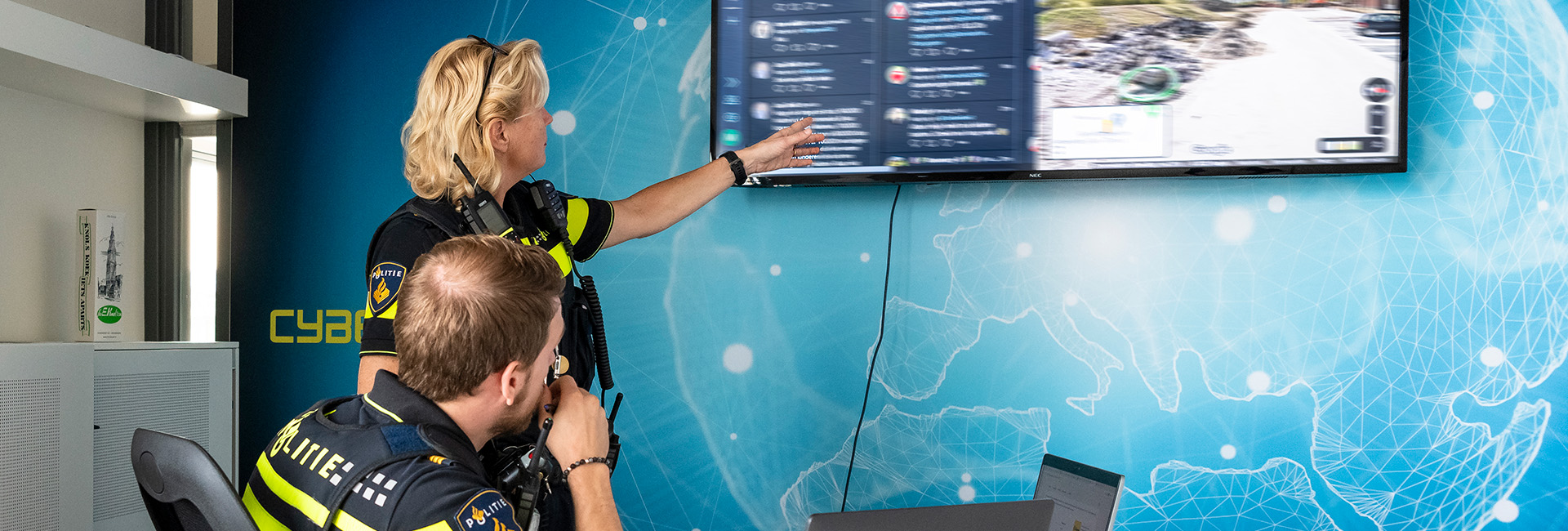
![[Translate to English:] Tekenmoment](https://filelist.tudelft.nl/EWI/Actueel/campagnes/tekenmoment.jpg)

